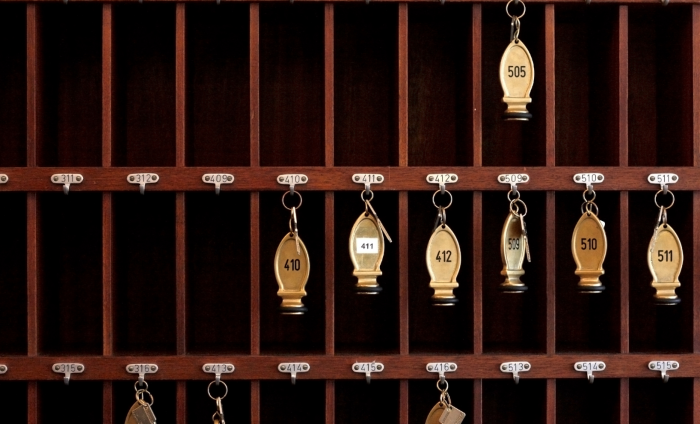
An Agence France-Presse (AFP) article syndicated across multiple international outlets, explores Michelin Guide’s strategic expansion into hotel and wine ratings and UCL School of Management associate professor Yiting Deng is at the forefront of the conversation.
Dr Deng, whose research examines the impact of Michelin stars on consumer behaviour and market dynamics, offered commentary on the Guide’s evolving partnerships and the potential implications for its credibility:
“If they work too much with governments, travel agencies and other related parties, there will be this question about credibility and how much their decisions are influenced by other parties,” she told AFP.
Professor Puneet Manchanda (Michigan Ross School of Business), Dr Deng’s coauthor on a recent paper exploring the Michelin brand’s effect on consumer ratings, provided additional commentary on the newly launched Michelin Keys initiative, a hotel rating system that mirrors the Guide’s iconic star system for restaurants:
“The Keys is a brand extension worth trying but success is not guaranteed,” said Professor Manchanda.
“The core challenge will be ensuring that the Michelin star - once synonymous with cuisine - does not become diluted across categories.”
They highlight the strategic logic behind the move, noting Michelin’s heritage in quality assessment and its symbolic association with excellence; however, they caution that the Guide’s credibility hinges on its ability to maintain rigorous standards while adapting to contemporary expectations around sustainability, authenticity and accessibility.
Deng and Manchanda also emphasise the challenges posed by the rise of online review platforms and influencers, which offer immediacy and emotional appeal, insisting that Michelin’s strength lies in its credibility, consistency and heritage.
“For a hotel, a Michelin Key is going to be a ‘nice to have’ as opposed to a ‘must have’ at least for the first 5-10 years,” says Professor Manchanda.
Both Manchanda and Deng also note that Michelin Keys have the potential to raise guest expectations, making it essential for hotels to align their communication and delivery with the promise of excellence.
Unlike restaurants, hotels rely heavily on physical infrastructure, from architecture to interior design, meaning that achieving and maintaining Michelin recognition requires sustained investment and careful alignment between the built environment and the guest experience.
Read: France 24, More: The Times (£), Daily Mail, Japan Today